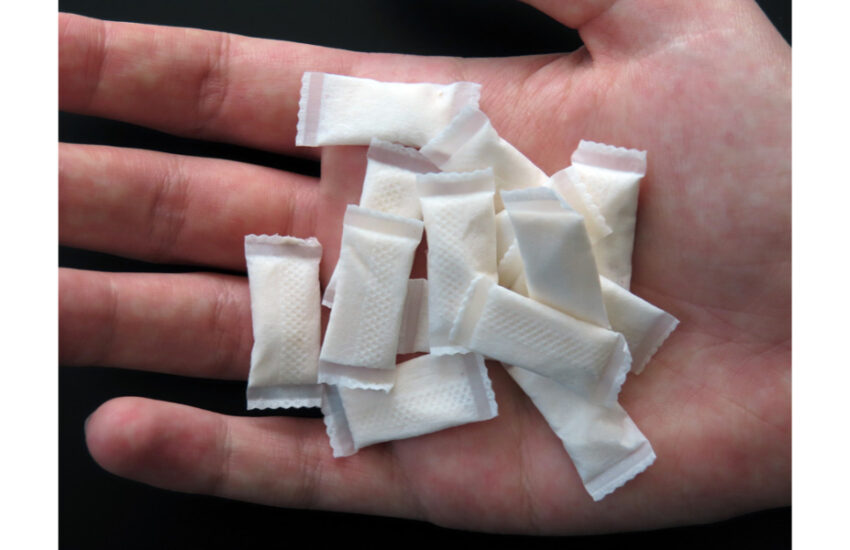Is Addiction Genetic?
There is evidence that there is a link between genes and addiction, and that genetic variation can increase a person’s chance of being addicted. Identical twins, fraternal twins, adoptees, and siblings studied by the National Institute on Drug Abuse (NIDA) suggest that genes may be one of the factors contributing to alcohol, nicotine, and other substance addictions.Most disorders, including addiction, are thought to be the result of a combination of variables, including various genes, environmental impacts, and lifestyle influences. It’s crucial to remember that a person’s DNA does not guarantee that he or she will develop an illness or addiction, as lifestyle decisions influence how the human genome functions.
Substance use disorder (SUD) is a brain disorder in which compulsive substances are consumed despite negative consequences of the use. Because of the functional alterations in the brain caused by recurrent substance use, addiction is considered a brain condition.Around 40% to 60% of a person’s risk of addiction is thought to be determined by their genes. Environmental factors (such as trauma or parental drug use) can also have an impact on gene function and expression, which is referred to as genetic risk.It’s vital to remember that alterations in several genes contribute to SUDs; there isn’t just one “addiction” gene or genetic variation that causes addiction. Even if you are genetically predisposed to addiction, you must first use the substance and then use it regularly for addiction to develop.
Genes and Addictions: What Role Do Genes Play?
Many different genes have been investigated in animal models, most commonly mice, and in families to see if there is a link between genes and drug or alcohol addiction. Mice are frequently utilized because of their genetic structure and reward circuitry, which are quite similar to that of humans. From the researches, scientists have discovered a link between drug and alcohol addiction with genes.
Alcohol Addiction and Genes
There is no single “alcoholism” gene, and a variety of factors influence the onset of alcoholism or alcohol use disorder (AUD). However, distinct correlations between genes and alcohol addiction have been discovered by experts, which may explain why some people acquire AUD while others do not.One NIDA-funded study, for example, looked at a 1.2 million-person database to see if there was a link between substance use and genetics, focusing on nicotine and alcohol use.They discovered that nicotine and alcohol consumption are influenced by 400 places in the genome (a person’s genetic information) and at least 566 variants within these locations. These genomic sites are thought to regulate the functioning of several neurotransmitters, such as dopamine (the brain’s reward molecule), which are involved in addiction.If a person has a first-degree relative with AUD, such as parents or siblings, their risk of AUD can be greatly increased.
Cocaine Addiction and Genes
Cocaine addiction is strongly linked to a person’s genetic makeup. Cocaine addiction has a heritability (rate of transmission) of 65 to 79 percent.
The Skyward Treatment CenterIs the Place to Go If You’re Looking for Help.
It’s reasonable to be concerned about the impact of genes and addiction on yourself or a loved one if you or a loved one has a family history of substance abuse. If you or someone you know is suffering from an addiction, call Skyward Treatment Center to speak with one of our caring admissions navigators about treatment choices and to ask any questions you may have about addiction treatment.




